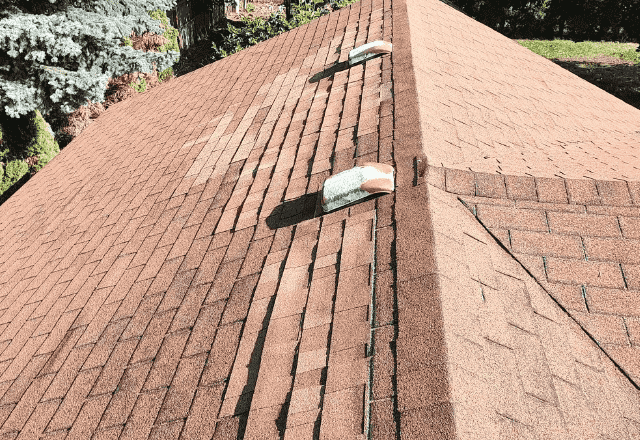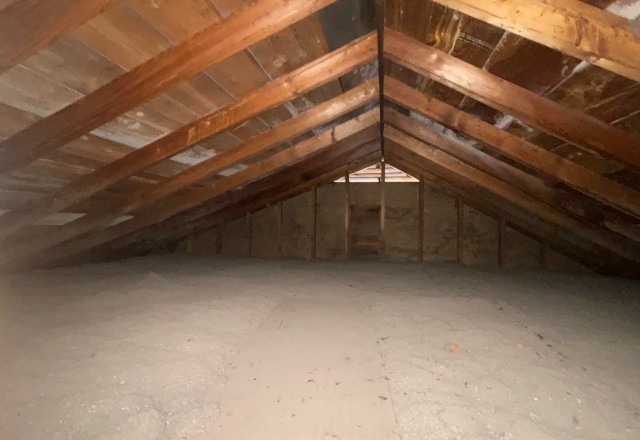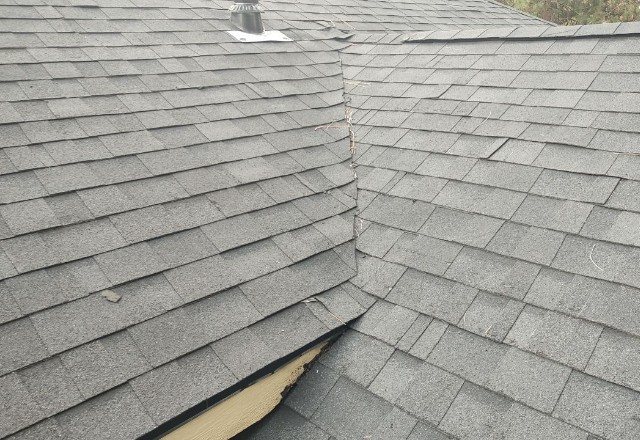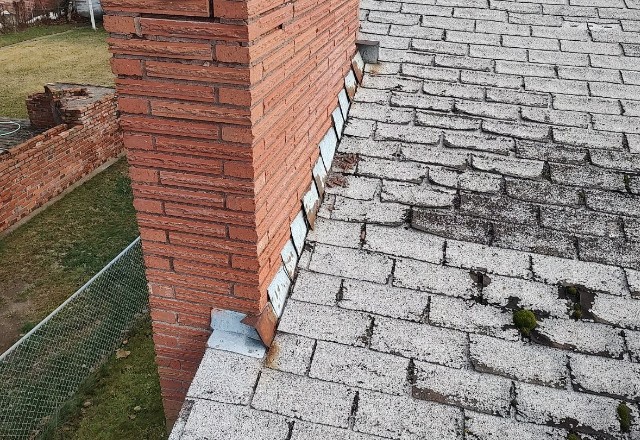As a homeowner, it’s essential to be aware of the signs a roof needs to be replaced. A well-maintained roof protects your home from the elements, enhances energy efficiency, and preserves your property’s value. By catching the signs of a failing roof early, you can save money on costly repairs and prevent extensive damage to your home.
1. Age of the Roof
One of the most apparent signs a roof needs to be replaced is its age. The lifespan of a roof varies depending on the material and the quality of installation. Here’s a general guideline for the longevity of common roofing materials:
|
Roofing Material |
Average Lifespan |
|
Asphalt Shingles |
20-30 years |
|
Metal Roofing |
40-70 years |
|
Clay Tiles |
50-100 years |
|
Wood Shakes |
20-40 years |
If your roof is approaching or has surpassed its expected lifespan, it’s crucial to have it inspected by a professional roofing contractor. They can assess the condition of your roof and advise you on whether a replacement is necessary.
2. Curling or Missing Shingles
Another clear sign that your roof needs attention is the condition of the shingles. Over time, exposure to the elements can cause shingles to curl, crack, or even go missing. These issues can lead to leaks and further damage to your home’s interior.
When inspecting your roof, look for:
- Shingles that are curling at the edges or cupping in the middle
- Cracks or breaks in the shingles
- Missing shingles or exposed patches on the roof
- Shingles that appear loose or slides out of place
If you notice any of these signs, it’s essential to have a professional assess the extent of the damage and determine if a roof replacement is necessary.

3. Granule Loss
Asphalt shingles are coated with small granules that protect the shingle from UV rays and help maintain its color. As shingles age, they begin to lose these granules, which can accumulate in your gutters or downspouts.
To check for granule loss:
- Inspect your gutters and downspouts for a buildup of granules that resemble coarse sand.
- Look for bald spots or areas on your shingles where the granules have worn away, exposing the underlying asphalt.
Excessive granule loss is one of the signs a roof needs to be replaced, as it indicates that the shingles are no longer providing adequate protection for your home.
4. Sagging Roofline
A sagging or drooping roofline is a serious indication that your roof needs to be replaced. This issue can be caused by several factors, including:
- Water damage or rot in the decking or support structure
- Improper installation or inadequate support
- Excessive weight from snow, ice, or debris
A sagging roof can lead to structural instability and even collapse if left unaddressed. If you notice a sagging roofline, contact a professional roofing contractor immediately to assess the situation and recommend a course of action.
5. Daylight Through the Roof Boards
If you can see daylight coming through your roof boards in the attic, it’s a clear sign that your roof needs to be replaced. This issue indicates that there are gaps, holes, or cracks in your roof that allow light – and potentially water – to penetrate your home.
To check for daylight in your attic:
- Wait for a bright, sunny day and turn off any lights in the attic.
- Look for visible streams of light coming through the roof boards.
- Check for any signs of water damage or leaks in the areas where light is visible.
If you notice daylight or signs of water damage, contact a roofing professional to inspect your roof and recommend a replacement.

6. Water Stains or Moisture
Water stains on your ceilings or walls can be a sign that your roof is leaking and needs to be replaced. These stains may appear as yellowish or brownish discolorations and can be accompanied by a musty smell or visible mold growth.
To check for water stains or moisture:
- Inspect your ceilings and walls for any discoloration or staining.
- Check for any soft or spongy areas on the walls or ceilings, which can indicate water damage.
- Look for signs of mold or mildew, which can grow in damp or humid conditions.
If you notice water stains or moisture, it’s crucial to address the issue promptly to prevent further damage to your home’s structure and protect your family’s health.
7. Higher Energy Bills
An old or damaged roof can lead to higher energy bills, as it may not provide adequate insulation or ventilation for your home. If you’ve noticed a sudden increase in your heating or cooling costs, it could be a sign that your roof needs to be replaced.
A new, energy-efficient roof can help:
- Reduce heat transfer, keeping your home cooler in the summer and warmer in the winter
- Improve ventilation, preventing moisture buildup and extending the life of your roof
- Lower your energy bills, saving you money in the long run
If you suspect that your high energy bills are related to your roof, consult a roofing professional to discuss the benefits of a roof replacement.
8. Damaged Roof Valleys
Roof valleys are the V-shaped channels where two sloping sections of your roof meet. These areas are critical for directing water off your roof and into your gutters. If your roof valleys are damaged or compromised, it can lead to leaks and water damage in your home.
Signs of damaged roof valleys include:
- Missing or broken shingles in the valley area
- Rust or corrosion on metal valley flashing
- Cracks or gaps in the valley sealing material
If you notice any of these signs, it’s essential to have a professional inspect your roof and determine if a replacement is necessary.

9. Cracked or Damaged Chimney Flashing
Chimney flashing is the seal that prevents water from entering your home where the chimney meets the roof. Over time, this flashing can become cracked, corroded, or loose, allowing water to seep into your home and cause damage.
Signs of damaged chimney flashing include:
- Cracks or gaps in the flashing material
- Rust or corrosion on metal flashing
- Loose or missing flashing pieces
If you notice any issues with your chimney flashing, it’s important to have it repaired or replaced as part of your overall roof replacement project.
10. Multiple or Frequent Repairs
If you find yourself making multiple or frequent repairs to your roof, it may be more cost-effective in the long run to opt for a complete roof replacement. Recurring issues can indicate a larger underlying problem that can’t be addressed through simple repairs.
As a general rule, if the cost of repairs approaches 50% or more of the cost of a new roof, it’s usually more economical to replace the entire roof rather than continuing to make piecemeal repairs.

FAQ
How often should I have my roof inspected?
Can I replace just a portion of my roof, or do I need to replace the entire thing?
How do I choose a reputable roofing contractor for a replacement?
In conclusion, being aware of the signs a roof needs to be replaced can save you time, money, and stress in the long run. By catching issues early and working with a reputable roofing contractor, you can ensure that your home stays protected and maintains its value for years to come.
Any roof issues?
Our experts can provide a free consultation and advice on the best solution
Call us at



 509-201-4190
509-201-4190
